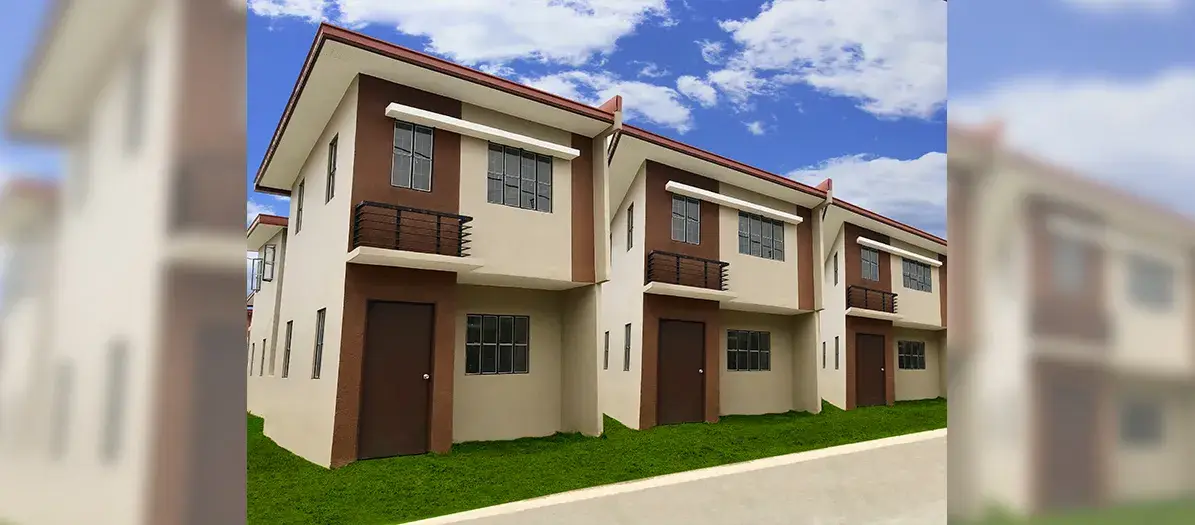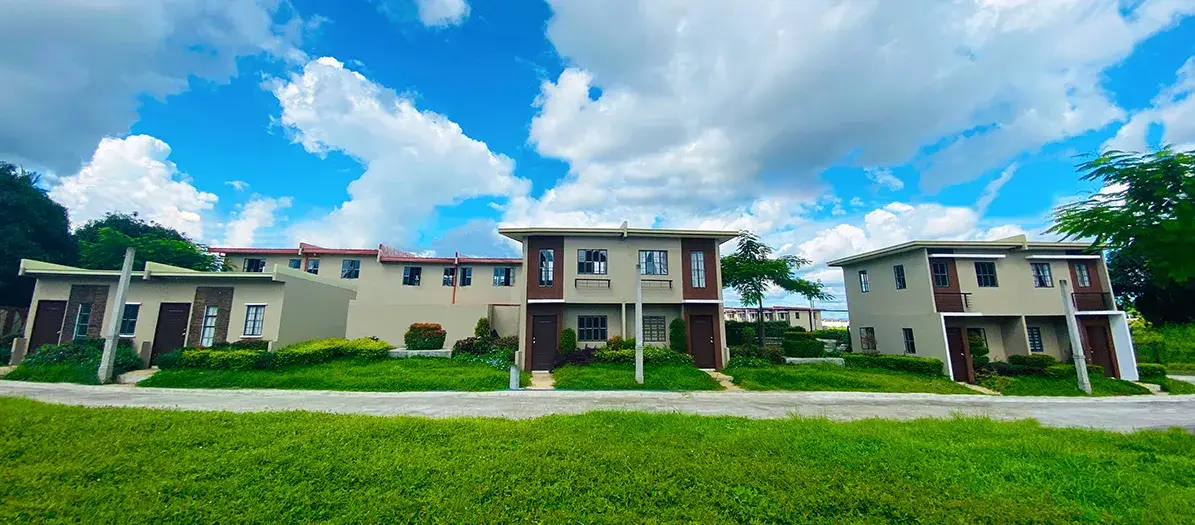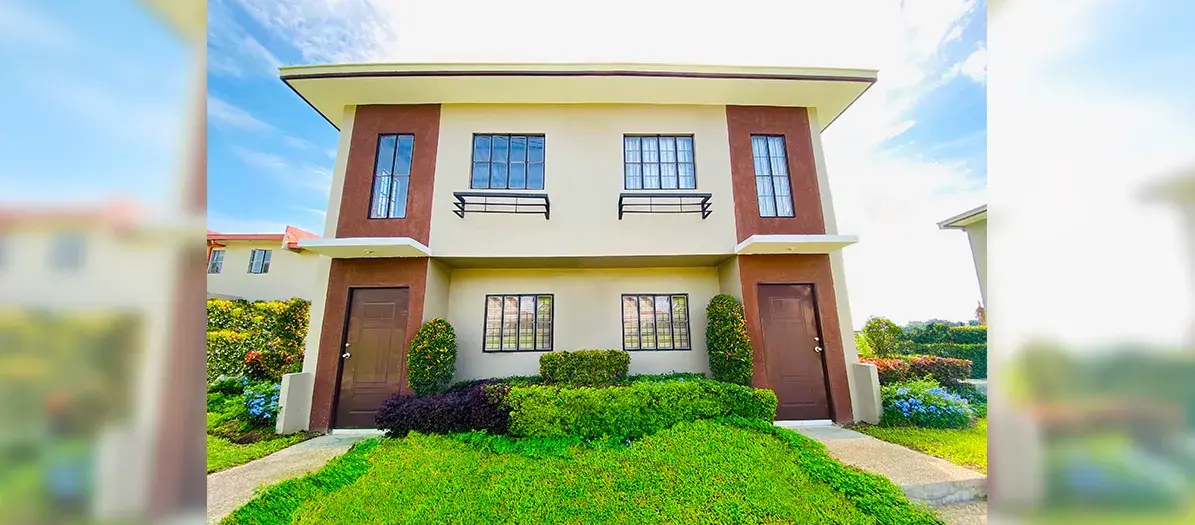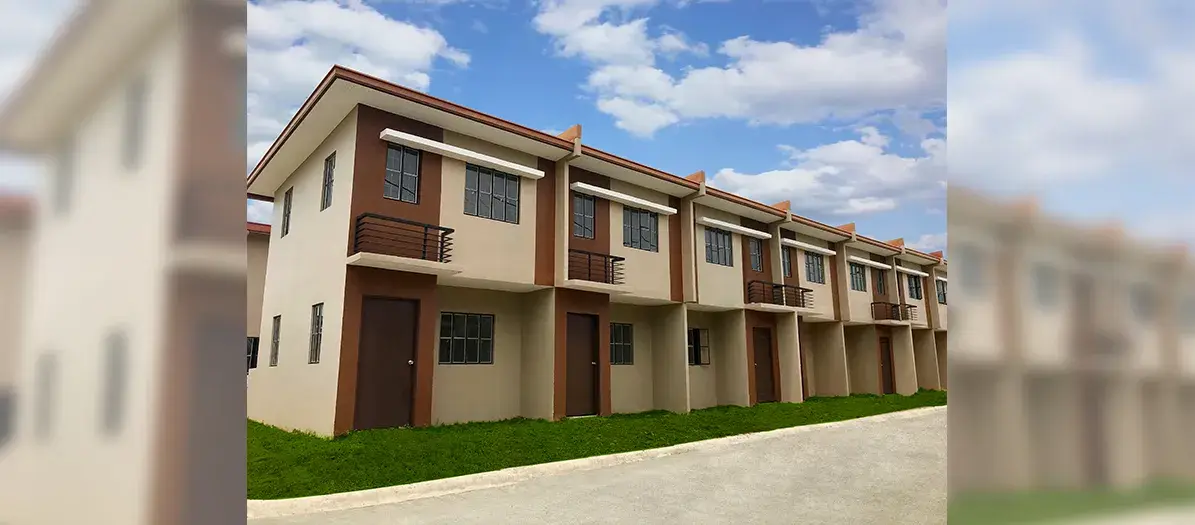Financial Literacy: When Is Your House Considered an Asset
27 January 2023
For majority of the Filipino population, a house is the most expensive purchase they will ever make. This can lead prospective homebuyers to be anxious about the debt they will accrue. What matters more to your financial well-being: the positive value of your own home or the negative value of your mortgage?
To understand this debatable topic clearly, we must first define the textbook differences between assets and liabilities. In simple financial definitions, an asset is something that has economic value and is owned by an individual or organization. Assets can be tangible, such as a piece of machinery, or intangible, such as a patent or trademark. They can also be classified as current assets, which are anticipated to be converted to cash or used up within one year, or non-current assets, which have a useful life of more than one year. While liability is something owed. This often takes the form of a debt that needs to be repaid or a financial obligation, including loans and mortgage payments.
Considering this scenario and definition, you may find it difficult to decide whether a house is an asset or a liability. You may argue that your house is something you own and can provide you value, especially when you have the option of reselling your house or converting it to a rental investment property. However, you might also be uncertain when you think of the home equity loans or mortgages you need to settle or owed to a bank. On top of those are the property taxes and maintenance costs. This might actually give you the idea that a house is a liability.
What is an Asset?
In the modern world, property ownership is one of human’s critical needs as it provides a range of economic benefits, improves personal living standards, and develops social connections. Investopedia defines asset as anything that has value and can be transformed to cash or that produces positive cash flow. It also has the potential to yield positive financial returns and financial freedom in the long run.
An asset can be owned by an individual, an organization, or a government and has three main characteristics: ownership, economic value, and resource. Ownership is an asset that can turn into cash or cash equivalent, while economic value can be exchanged or sold. Resource, on the other hand, can generate future economic benefits.
Categories of Assets
1. Convertibility
Assets classified under this category are on the basis of how they are easily converted into cash and their equivalent. They are either current (short-term) assets or fixed (long-term) assets. This enables an individual or organization to gain access to funds held in the asset, which can subsequently be utilized for other reasons. The process of converting an asset into cash is known as monetization an asset.
2. Physical Existence
A physical existent asset refers to tangible (with a physical and measurable existence) assets or intangible (don’t physically exist but have a monetary value because they can give potential revenue) assets. These include real estate, equipment, vehicles, inventory, copyright, patent, brand trademark, licenses, and intellectual property. These assets can be used to generate revenue or support the operations of a business, and their value can appreciate or depreciate overtime.
3. Usage
Assets under this category are the type of physical asset that is acquired or developed by an organization for a specific, intended purpose. These assets are typically not expected to have any value beyond their intended use, and they are not easily adaptable to alternative uses. Examples of these assets are specialized equipment for production line or a research laboratory. They are typically acquired or constructed for a specific purpose and cannot be used for other purposes.
Two Major Types of Assets
1. Business Assets
These are investment properties or resources that a company owns and has a marketable or exchange value, such as machinery, supplies, or real estate, is referred to as a business asset.
Business assets are classified as either current or fixed assets. Current assets are resources that can be converted into cash within one fiscal year or operational cycle, which firms and governments utilize for financial statements, reporting and planning. Current assets include cash, cash equivalents, accounts receivable, stock inventory, marketable securities, prepaid liabilities, and other liquid assets. Fixed assets or non-current assets, on the other hand, are resources that a corporation employs to generate goods and services. These assets are tangible, which means they can be touched or felt. They are listed as property, plant, and equipment on the balance sheet. These could also be vehicles such as trucks, vans, and other company transportation, office equipment, machinery used to produce a product or service, buildings used for business operations or research and development, and land.
2. Personal Assets
A person's personal assets are things they own that have worth, like a car, a house, investments, insurance policies, retirement plans, annuities, pensions, mutual funds, bonds, among others.
Deciding Whether Your House is an Asset or Not
1. What is your house’s monetary value?
When your primary residence has value that can be converted into cash or used to potentially making more money; then, you can consider it as an asset. For instance, you own the house that you live in; it is considered an asset because it has value and benefit to you. If you were to sell the house, you would likely make a profit, which is one way that the value of the house is converted into cash.
2. Does it yield income?
When you convert your residence into a rental house, bedspacing, or lease it would generate rental income, which is another way that the house is used to generate passive financial benefits.
3. Does the real estate market value in your area appreciate?
A property can be considered an asset through its value appreciation, which means that the value of the primary residence and lot increases over the years. This can happen due to several factors, including a growing demand for housing in a certain area, home improvements made, or inflation. When the value of a house increases, the owner's equity in the house also increases, making it a valuable asset for long-term investment.
4. Do you have interest in converting it into a lodging house?
As fully-furnished apartment becomes more expensive, travelers are looking for a more economical places to stay, and that's where lodging house in vacation sites became popular, not just in the Philippines but in other countries as well.
5. Is your house ready for home and studio filming?
Another great means to make your house income generating is to offer it to various scouting managers, filmmakers, and photographers to rent it as a studio or for home filming. This is particularly viable if your house is in a private area, in the vicinity of a tourist destination, or on a busy street where most series, dramas, and local films are usually shot.
6. Do you do work-from-home business?
The majority of large, multibillion-dollar firms started their business at the comfort of their home. Most home business owners or micro entrepreneur initially considered their small business at home as a side hustle where they can earn some additional income, but with tenacity and resourcefulness they thrived in penetrating the national market as well. Also, doing home business is very advantageous as you have a readily available place to cater your business rather than paying for and renting a place. This is a great way to improve your cash flow.
In retrospect, owning a house is brings more advantages that disadvantages. It is still considered a good investment for many people as it provides a place to live comfortably and can also generate passive income in the future. Moreover, even during great recession in the past, the housing market has remained strong.
With the above-mentioned ideas on how to turn a house to an income-generating property, you might be encouraged to have your own house and lot in the Philippines. Lumina Homes is always pleased to assist prospective homeowners looking for affordable house and lot for sale. With our over 50 locations nationwide, you can certainly find an affordable house and lot that works well with your needs and requirements. Contact our accredited sellers now to inquire more about our down payment, terms, and market price.
Loan Calculator
Try Lumina Homes' loan calculator and get an estimate computation for your preferred Lumina property and home model.













